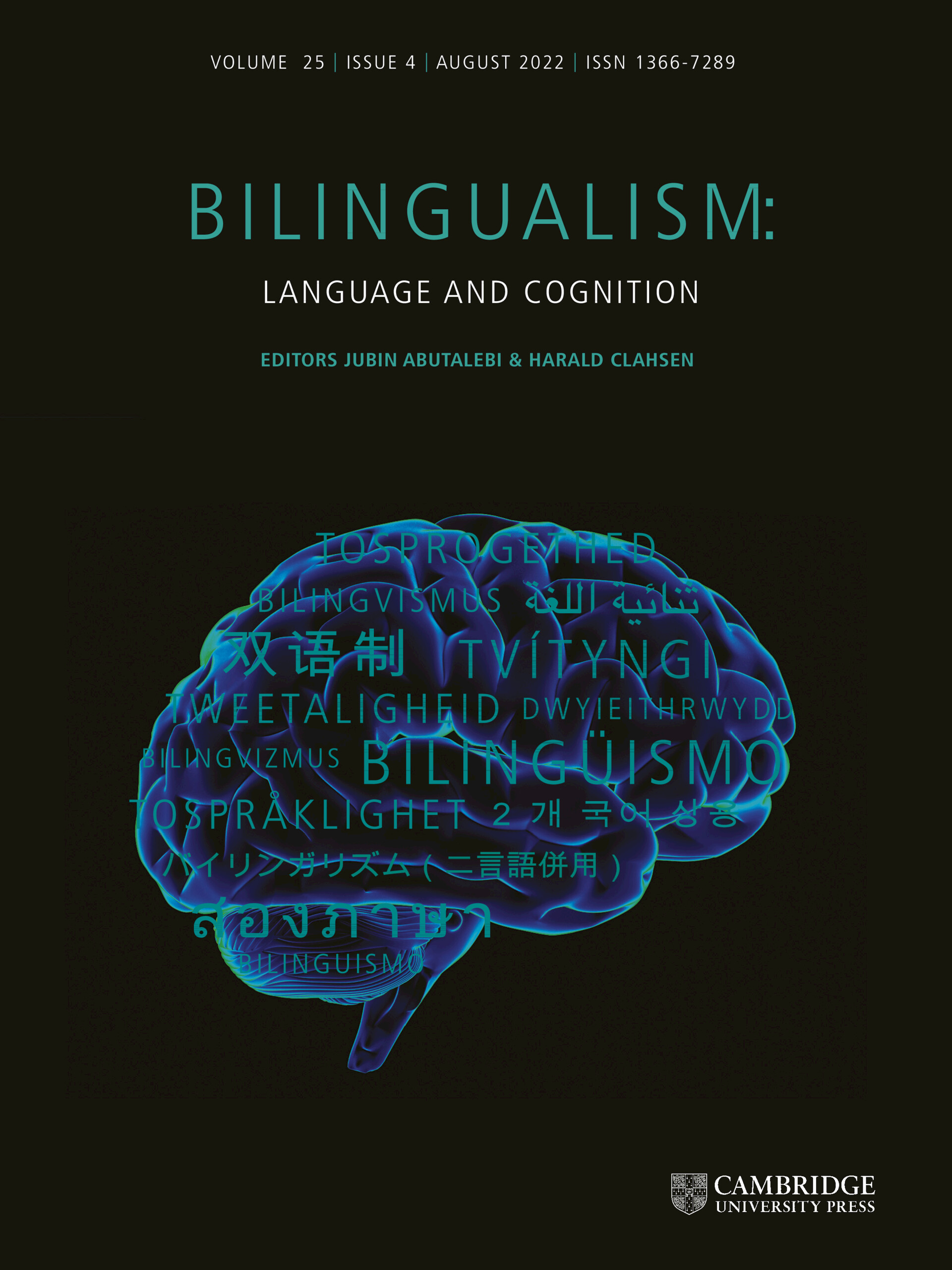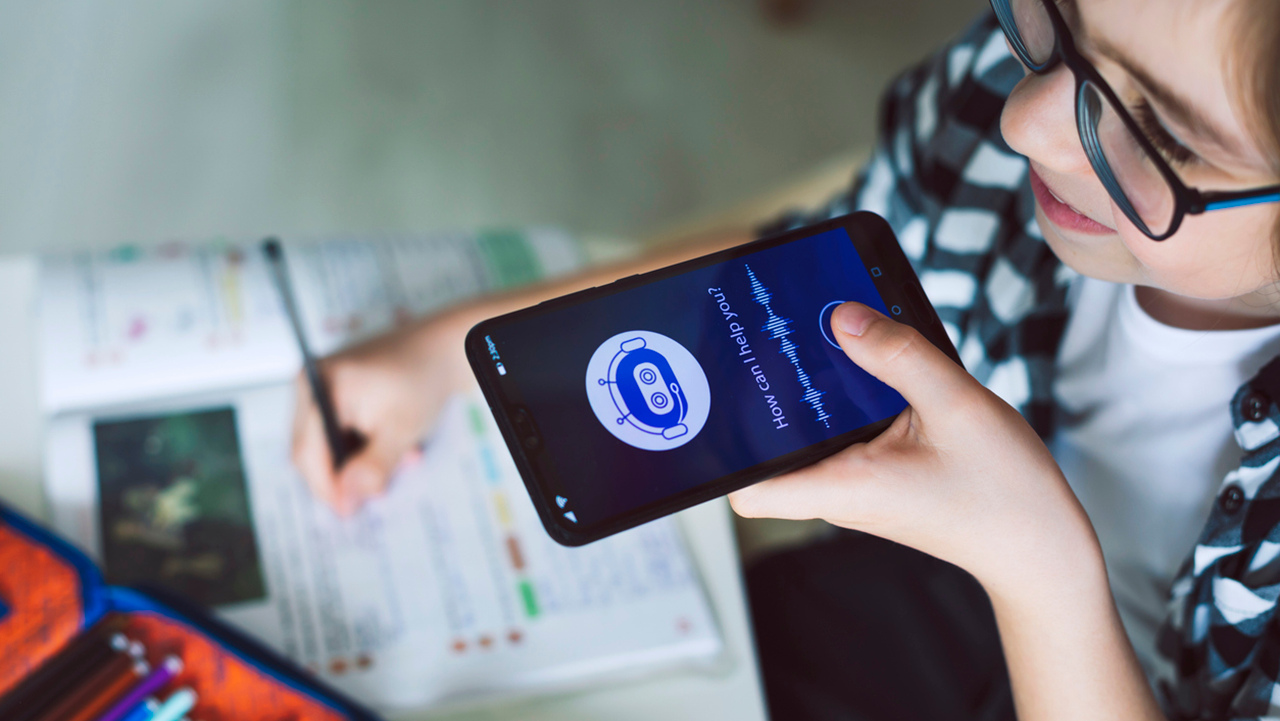Language Learning in an Expat’s World

Ex – “out of”; patria – “country.” Expat – I didn’t even know this expression until I had left my native land of Virginia, USA, to wing my way to Central Europe and live for 12 years.
Acculturation to becoming a successful expat has its stages, just as there are stages in becoming a successful navigator of culture shock. As a student of intercultural communications, then later as an instructor at a university in Prague lecturing on the nuances of living outside of one’s culture, I used my own life experiences in a new land to put theory into the practice of learning culture. And the first major arena to tackle was the language. What I was teaching my students about culture and language learning was now like applied linguistics for me. No more theory about language – but actuallyusing language to become familiar with the native speakers in my new homeland – discovering the good, bad, and ugly of communicating in a previously unknown tongue to me.
The first real conundrum for an expat is whether one speaks the target language. If not, language classes are de rigueur. For me, I was married to a native of the country, the Czech Republic, and was living in Prague. What could be easier, right? Having a native speaker at home would surely speed up my language process! Wrong. My husband and I had begun our relationship in English, and we were comfortable in English being our lingua franca. So, I knew I would need lessons if I really wanted to be a Czech speaker. I signed up only to find out that Czech wasn’t Germanic like English, nor Romance like Spanish (another language I DID speak). I was in the world of Slavic languages – not akin to Russian.
I had, not in any depth, studied languages with cases, inflectional changes, and the diacritical marks that altered the pronunciation of its phoneme – features that do not exist in English. The declensions (the changing of the word to show its function in a sentence) had no familiarity. This addition of different letters to the ending of a word could change it from a certain case – nominative, objective, genitive, and on and on. Since I hadn’t really studied Latin cases, I had no construct for cases, ofwhich the Czech language has seven.
Studying a Slavic language, one gets a healthy dose of grammar that native speakers intuit, but English language orators are left trying to decode. Most of the time, I ended up speaking in nominative case only, which allowed me to be understood, but it was like walking with crutches and others helping you along. To add insult to injury was the fact that most Czechs wanted to help out in the language process, but it came in the correction of almost every word that came out of my mouth. It wasn’t personal; it was meant to help me to learn native Czech. Yet, I chafed under the constant correction. I longed to hear words of encouragement for my attempts at communicating in a language that I had no underpinnings for.
I truly tried, but tired of the constant putting right my words by native speakers, and in proximity of American expats, my Czech language devolved into more like a five-year-old’s attempt at sophisticated language that didn’t stand a chance at a dinner party. Which meant that I would need my husband as my interpreter if I really wanted to come across as intelligent. This language impasse for me was about my personal fortitude. I knew I could learn another language. Hadn’t I spent a year in my undergrad days studying at the University of Barcelona to become fluent in Spanish? But not so with Czech. I would fossilize at low intermediate Czech.
I wasn’t the expat who was almost always communicating and doing life in the expat English-speaking world, though. I had a husband, family members, and friends who were Czech. So, my acclimation to the Czech culture was accelerated compared to my expat friends who worked in environments where English was the primary language and whose social life was mainly with those from their home countries. I had a ringside seat to the daily interactions and conversations of those “from the other side.” My passive understanding would grow, but the productive language mode would keep me from advancing further on language learning scales for quite some time.
The world of my expat friends, with whom I shared the lingua franca of English, revealed something I had not encountered on “the other side of the pond.” The English that was spoken in their countries was not an English that I understood 100%. Vocabulary, accents, and differing grammatical forms showcase how language is fluid given the geographical context in which it is used. Instead of seeing my friends as speaking “incorrect” English, I saw the beauty of the elasticity of the language while not disdaining others as using inferior English just because it wasn’t American English.
Language is the stage upon which we make ourselves known, revealing how we think and communicate our ideas about who we are. The struggles of learning to articulate in a second or third language as well as the ability to embrace the spoken English outside of American English shows the complexities and beauty of language acquisition.
Our cultural attitudes, humor, and beliefs are ensconced in the medium of language. Knowing the language of a culture is tantamount to unlocking the identity of the “new” people we are seeking to understand and live with. If I don’t know that humor for Czechs is very dark, then I am likely to believe that Czechs are pessimists with words targeted for derision. However, if I know the history of oppression of the Germans and Russians in the history of this country, I will understand that the Czech’s derision of these two countries with their humor is a way for them to feel some modicum of power over their previous dominators. This humor conveys their personal world and makes fun of the events of life that are not easily understood. Humor is their deflection of the pain that resides at the core of their discourse. Knowing not only the grammar systems but the underlying roots of meaning reveals what is hidden in language to those who are not native speakers. Only when we take the deep dive to learn languages, do we gain a stronger foothold of understanding the culture to which we have journeyed to live.
In this world of ChatGPT and more, we have language interpretation and translation programs that seem to be just what we need to be “bilingual”. But these programs do not truly put us on that advanced language level because these systems fail us on the metacognitive language level – the processes of evaluating the thinking behind the meaningful use of language.
Thus, in learning a language, these two reside: the academic system in learning the constructs and the affective acquisition of the underlying meaning in language. In the context of using language amongst the native speakers in countries where we are expats, we grow in our language skills. Language skills that are academic and effective in letting go of our own perspectives allow us to enter another’s way of communicating, thinking, and experiencing life. It does not mean that we lose who we are culturally. Rather, we gain a linguistic/cultural vastness as we interact and live with those who once seemed foreign but are now brought close through the medium of language.
Dawn Custalow is an EL educator and teaches students who do not speak English as their first language. She currently works at William Fleming high school in Roanoke. She enjoys writing as well as public speaking on themes of education, cultural training, and Virginia Indian history – both past and present. Dawn is an alum of VA Tech and an enrolled tribal member of the Mattaponi Indian reservation in West Point, Virginia.
link






